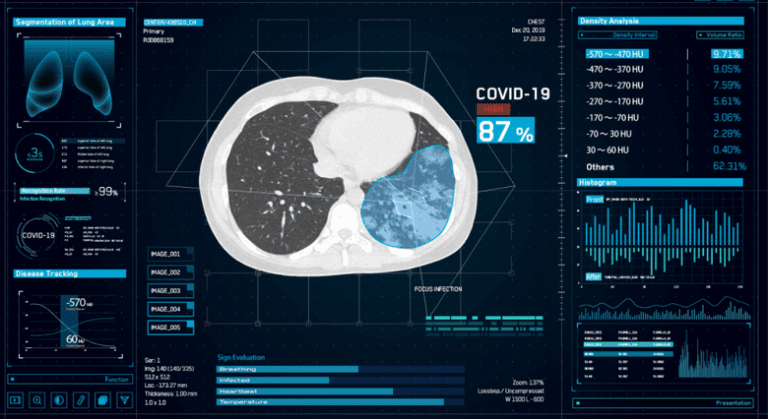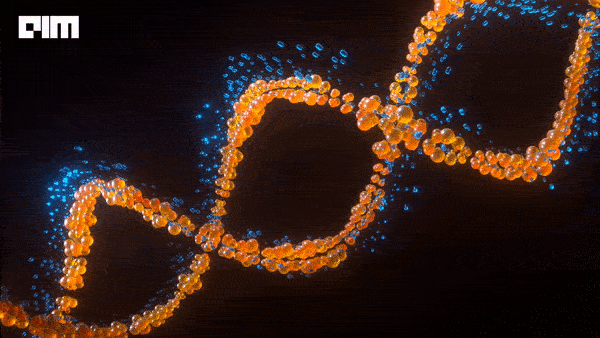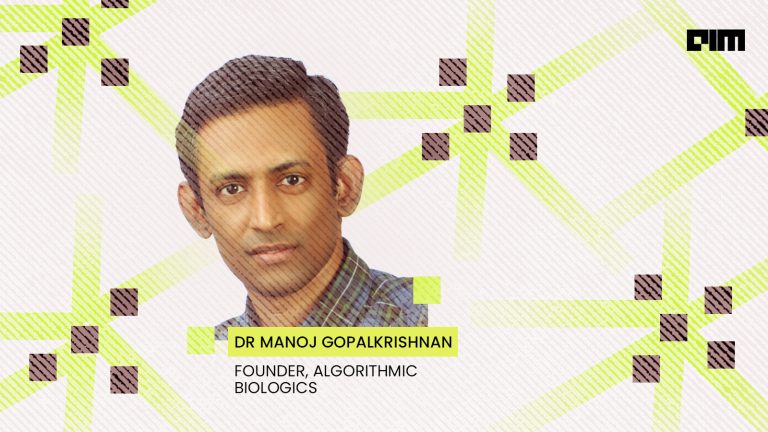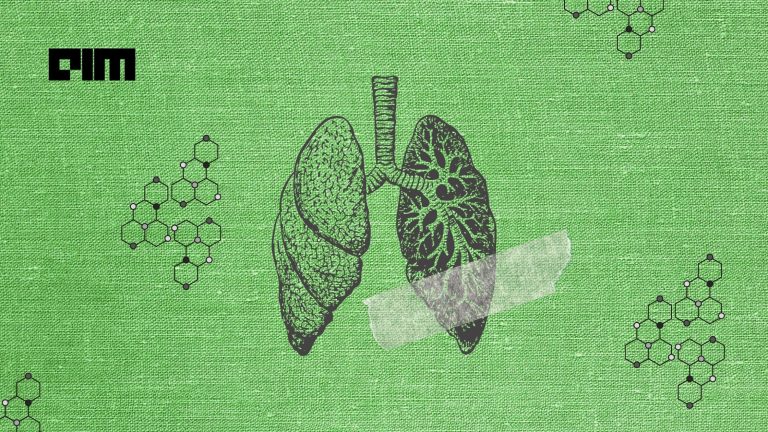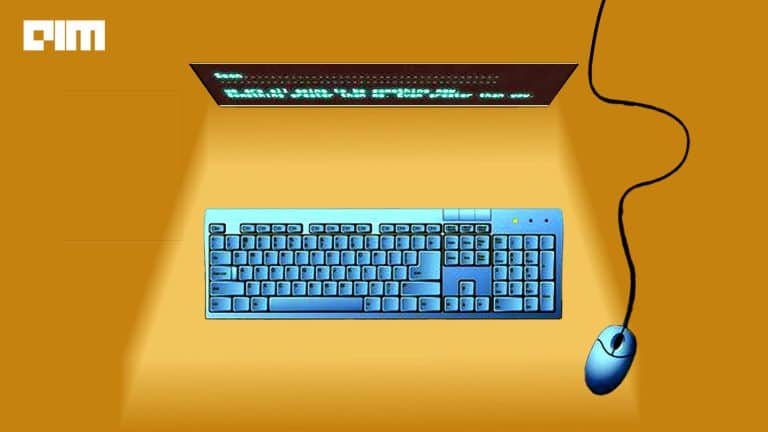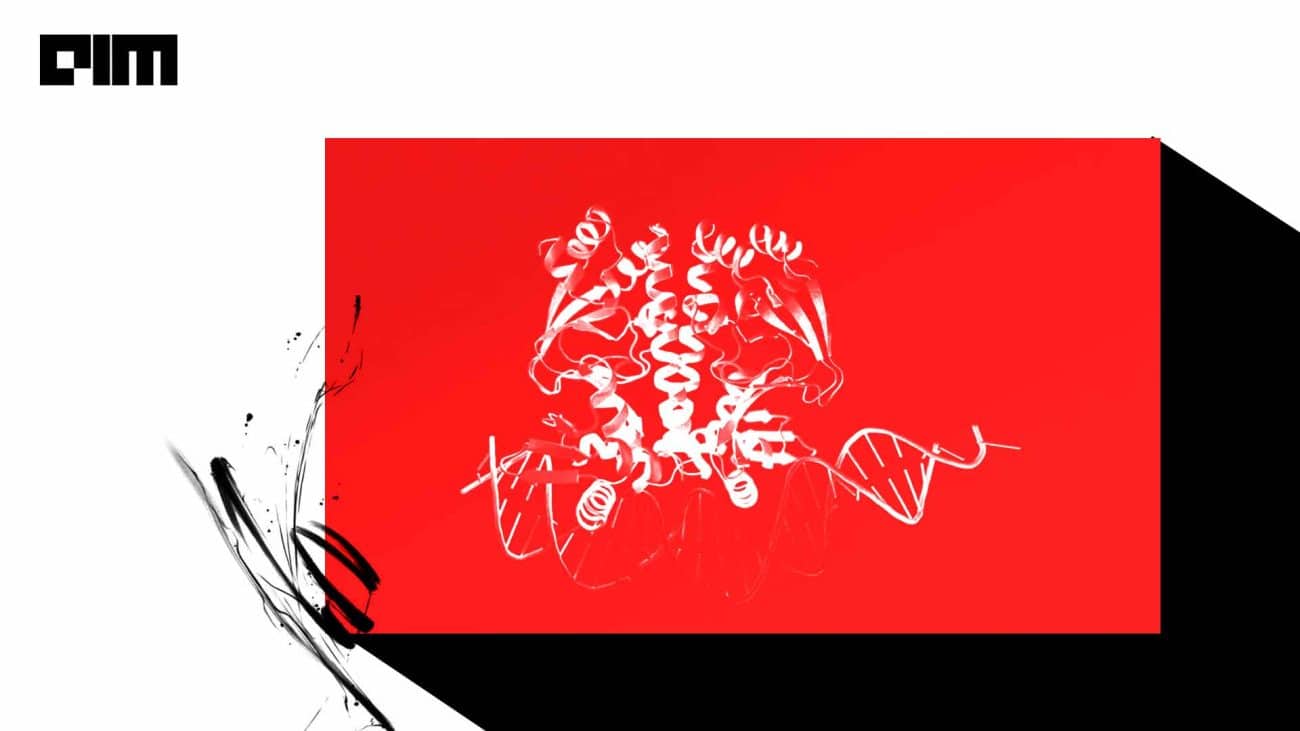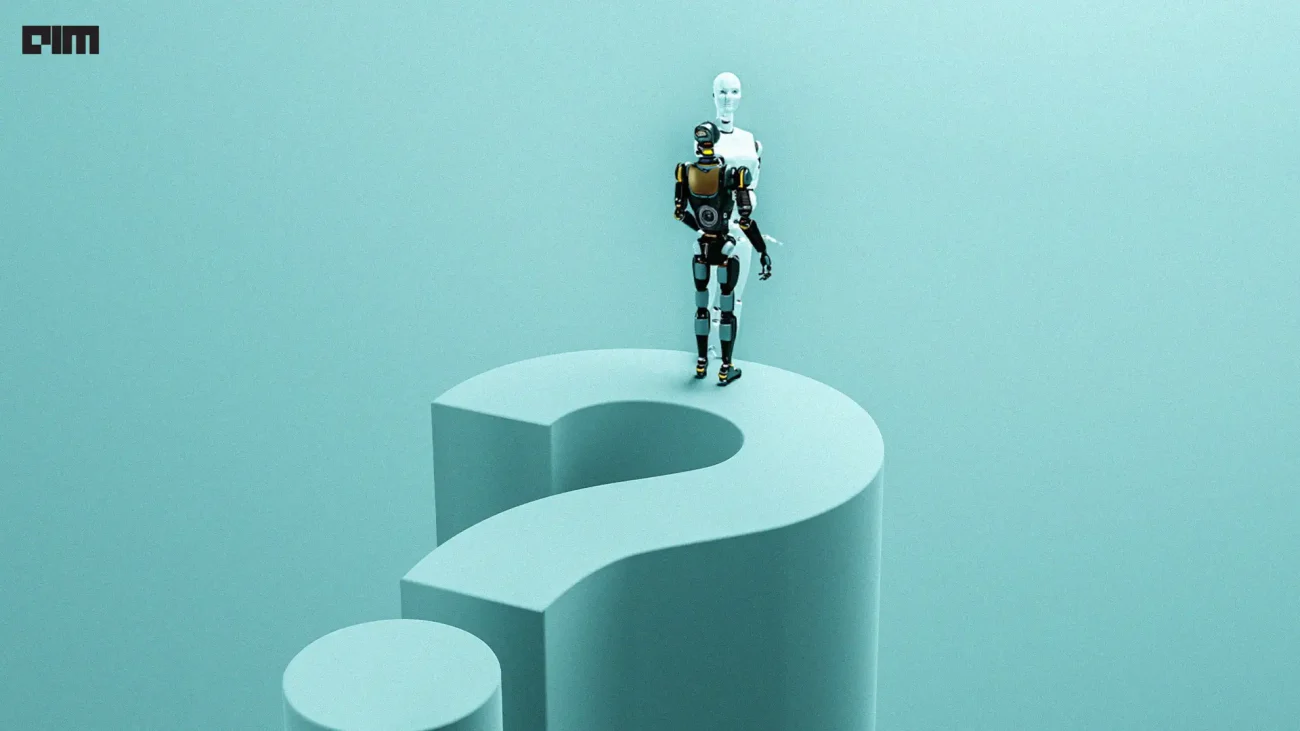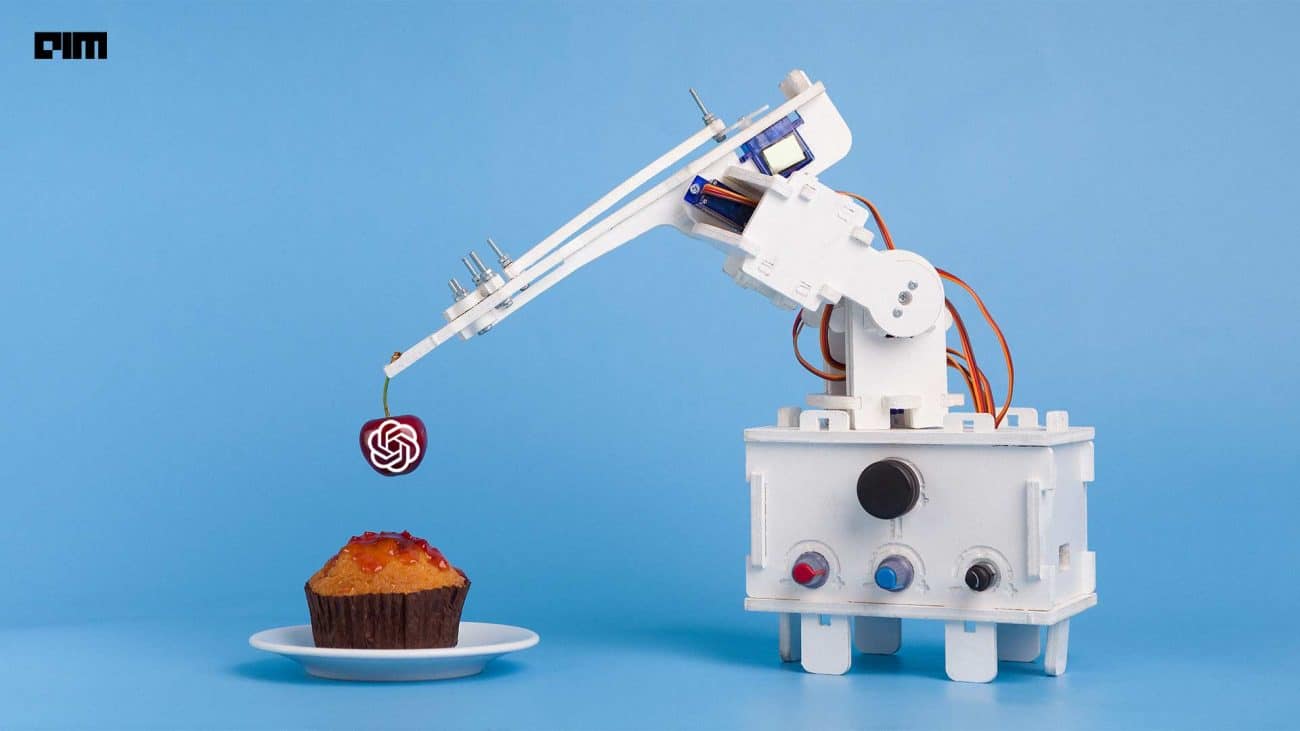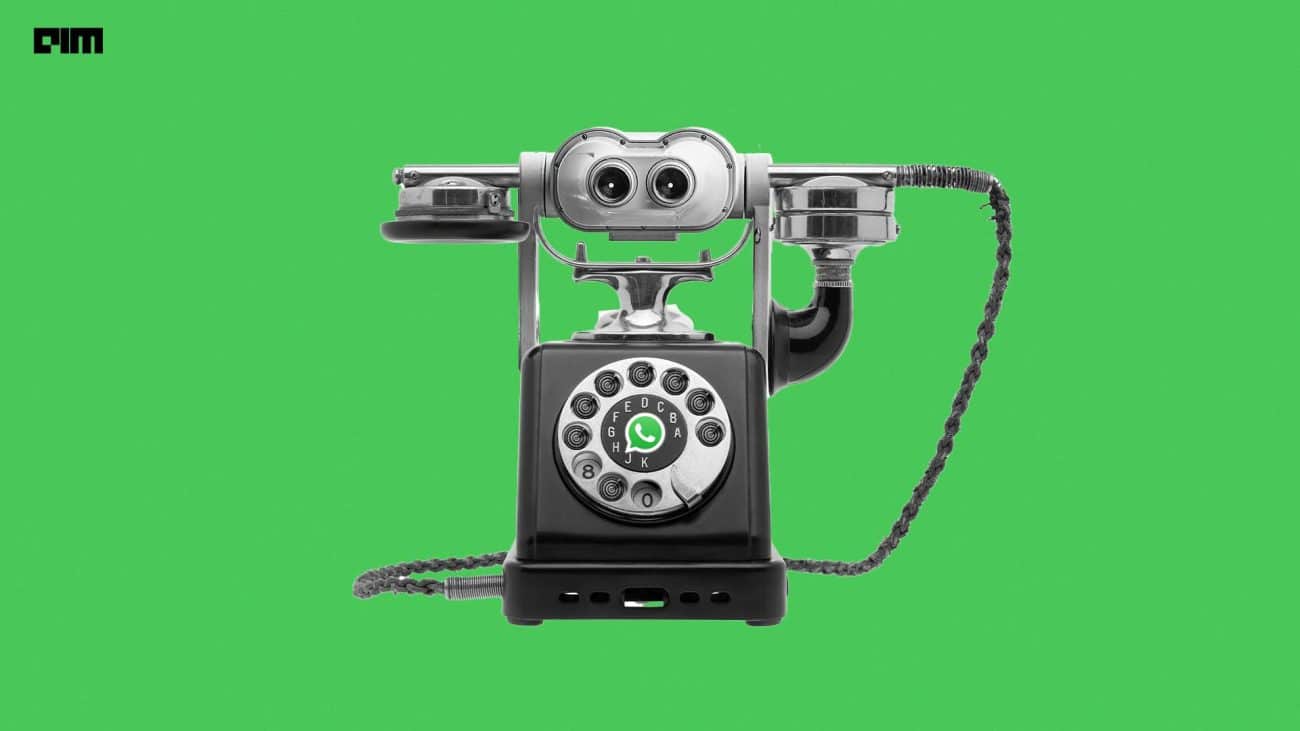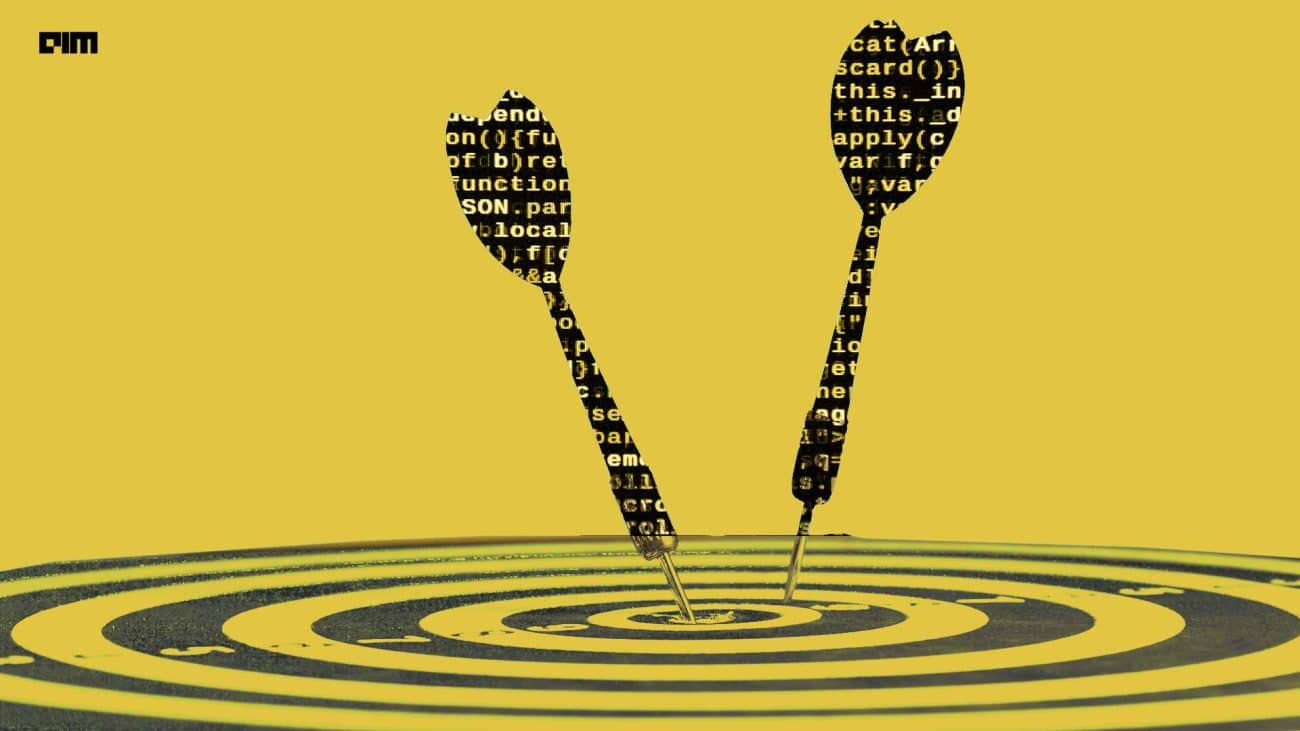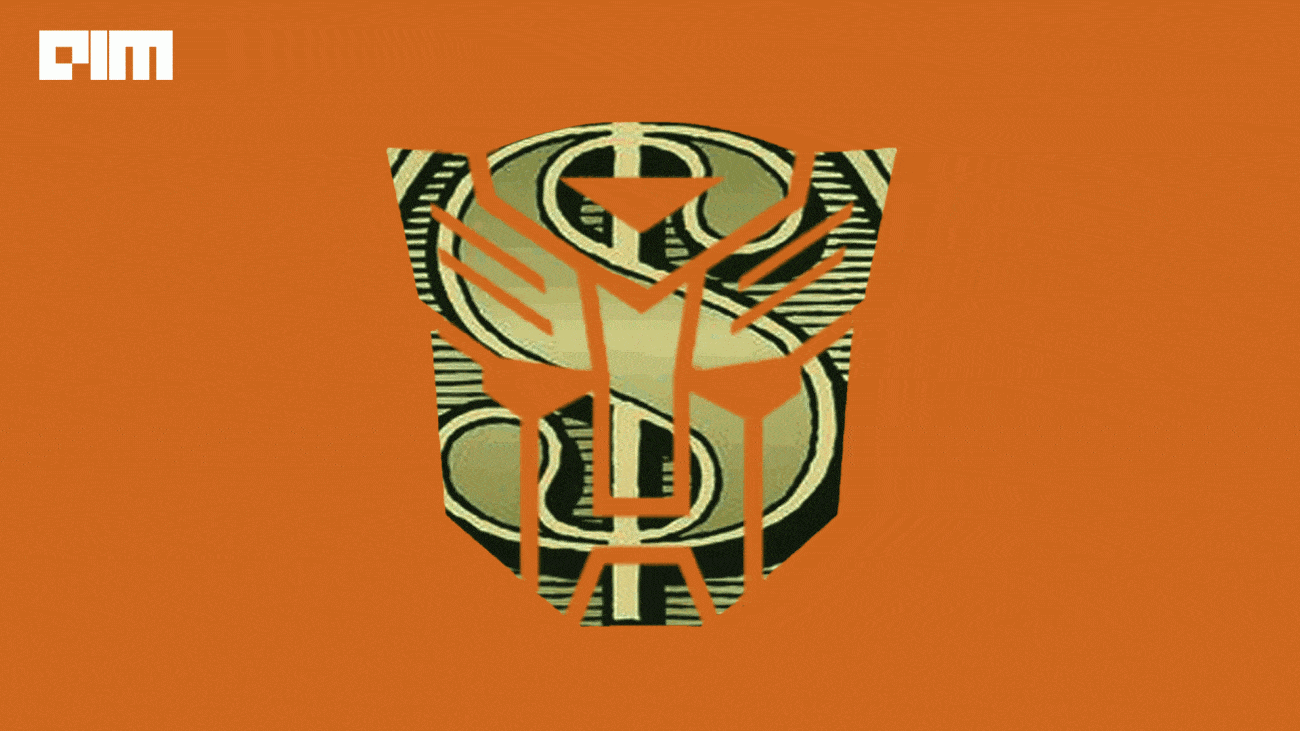The big question – can AI medical scan techniques tackle the COVID-19 pandemic brought about by COVID-19?
Medical imaging can be depicted as the indicative technique that includes the formation of visual aids and image representations of specific organizations. With the combination of clinical imaging data, there is a shift in the manner in which the diagnostics are done.
AI-empowered machines or clinical frameworks not only exclusively distinguish illnesses, but they can also recommend medications according to the patient’s biological conditions and other disorders.
We already know that medical tech giants like GE Healthcare, Siemens and Philips have developed scan-based AI algorithms or are partnering with third-party developers for the same. Furthermore, there is a plethora of research being done to bring more AI-centric healthcare solutions to the fore. The big challenge faced by AI vendors is the fruitful arrangement and incorporation of AI systems into clinical work processes. Such a procedure could take a very long time to be utilized broadly.
When it comes to AI imaging, it can empower radiologists to adequately diagnose clinical cases in a matter of a few minutes. The prevalent diagnosis includes a nasal pharyngeal swab as the recommended test. But because of the rapid spread of the infection and demand for test packs, all hospitals and medical organizations do not have enough resources to test each patient. Can a scan-based AI system be useful here if used alongside the standard diagnosis?
The big question – can AI medical scan techniques tackle the COVID-19 pandemic brought about by COVID-19? We know the answer is probably yes. But there is a lot more that needs to be done here, and according to most experts, AI assists doctors in diagnosing patients quickly and precisely.
There are existing tools that can decipher X-say scans to distinguish COVID-19, just by the measure of the extent to which lungs are impacted. This can be utilized to screen patients who need to have further testing. For example, in the analysis of chest scans, AI can help radiologists who analyze and organize an enormous number of patient scans consistently.
AI Tools Utilizing A Huge Number Of Chest Scans
To build AI models that can distinguish COVID-19 infections through clinical imaging investigation, it needs an immense number of training datasets. Several open datasets encompass images and other correlative data from various health organizations, and government or non-government agencies, to make an extensive repository for COVID-19 research and train new AI models.
What is more, when AI frameworks are trained with a gigantic amount of annotated clinical imaging datasets, it can determine infection without the assistance of radiologists using certain algorithms.
Let us look at a few examples from organizations that are doing that. In light of the pandemic, a worldwide network of medicinal services and AI scientists have delivered various AI frameworks for distinguishing COVID-19 in CT/X-ray scans. A Canadian startup and scientists from the University of Waterloo are publicly launching COVID-Net, a convolutional neural network (CNN) that expects to identify COVID-19 in X-ray scans. The deep learning model called COVID-19 detection neural network (COVNet) was created to analyse data from 4,356 computed tomography (CT) tests from 3,322 patients for the identification of COVID-19.
Working in the space of radiology, a startup called Qure.ai has been refining clinical imaging accuracy with the help of tools by utilizing a vast number of chest scans. The solution uses deep learning innovations to give automated comprehension of radiology tests, including X-rays, CTs, and MRIs. Besides, in a major lift to the capability of AI in health services, Qure.ai made sure about $16 million from Sequoia Capital and MassMutual Ventures was put into R&D additionally.
Overcoming Diagnosis Accuracy
Until now, the FDA has not endorsed any AI system to be utilized with imaging for COVID-19 diagnosis. That choice has been underscored by the developing assemblage of research that demonstrates that chest CTs are just about partially accurate in recognizing patients who have COVID-19.
But a few organizations seem to have proven this notion wrong with their innovation. AI companies have also claimed they have made systems equipped for detecting COVID-19 in X-ray or CT checks with over 90% accuracy.
For example, while diagnosing COVID-19 from chest scans, RADLogics, a healthcare data analytics platform for medical imaging, reports up to 98% precision. This demonstrates that these AI systems will be seen alongside standard tests as the essential analytic tool for COVID-19 diagnosis.
Alibaba has recently asserted that its new AI framework could distinguish coronavirus in CT outputs of patients’ chests with 96% accuracy against viral pneumonia cases. As per Alibaba, their new algorithm chops down the entire procedure of detection to a record 20 seconds. This is a huge improvement, considering the conventional techniques would take around 15 minutes to break down a CT scan.


